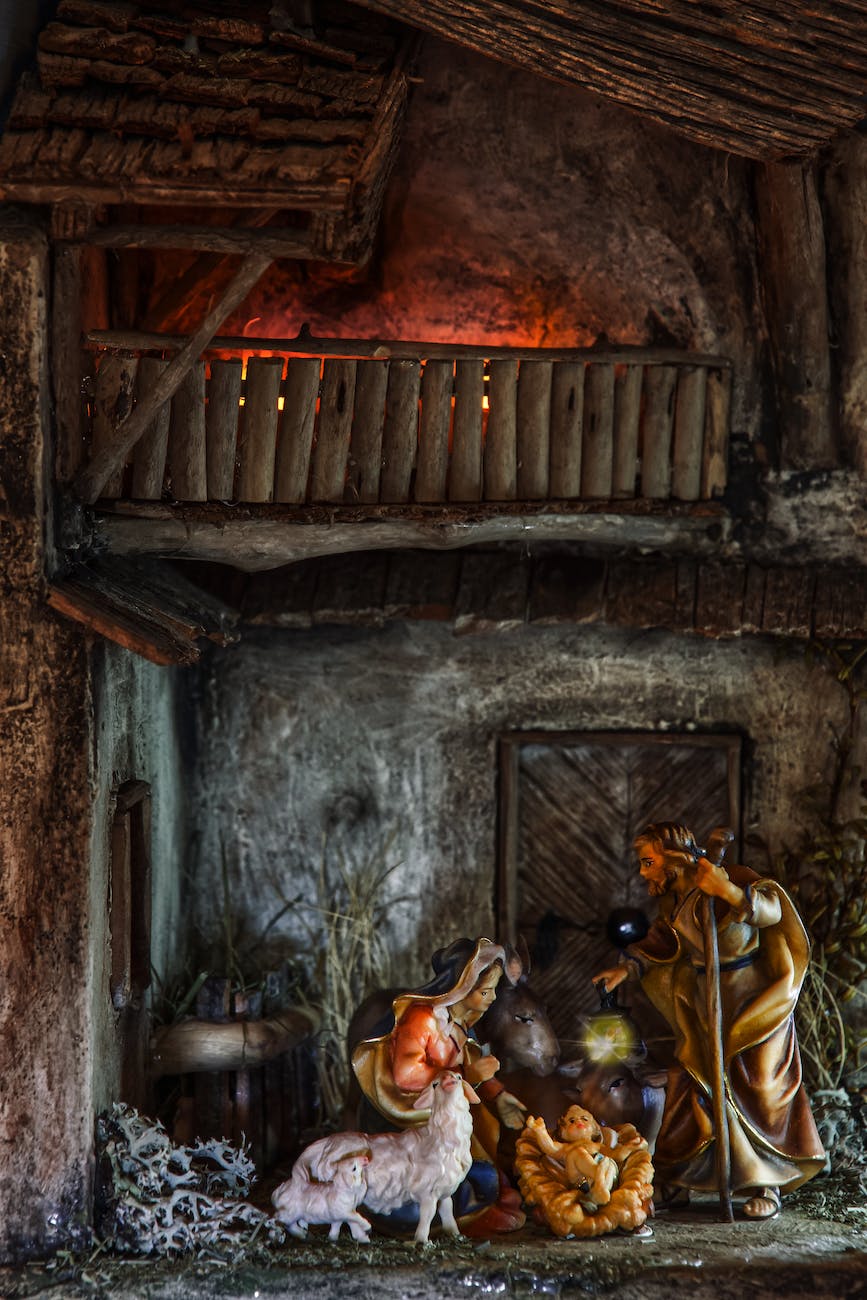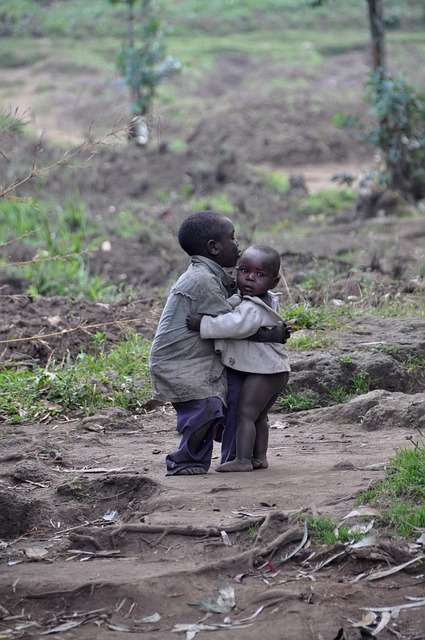Jacquie and I are grateful for the cards, emails and other messages we have received in the past few weeks that acknowledge our ongoing grief.
One of the hard things about losing someone who is as much a part of you as your arms or legs — or more precisely, your heart — is that the rest of the world quickly goes on with its business. As it should. As it has to. We understand. We have done the same. However, we are comforted by those who remember that something important stopped for us this past summer.
In all honesty, our Christmas, on the surface, won’t be much different this year. Matt, and his family live(d) in Portland, OR, across the continent from us. He would call us on Christmas Day. We will miss that — that voice. (A church secretary once announced he was on the phone by saying, “it’s your son with the great voice.”) But, we won’t have the empty chair at the table like our daughter-in-law and grandchildren will. Just thinking of their table brings tears to our eyes.
I wondered if we would just try to skip Christmas this year.
However, as Advent progressed, it felt more and more like Christmas — not the way the bouncy Bing Crosby tune puts it. But, more like Christina Rossetti puts it:
“In the bleak midwinter, frosty wind made moan.
Earth stood hard as iron, water like a stone;
Snow had fallen, snow on snow, snow on snow,
In the bleak midwinter, long ago.
. . .
In the bleak midwinter a stable place sufficed
The Lord God Almighty, Jesus Christ.”
I am late to the Rachel Held Evans fan club, but this morning I came across something she wrote that resonates with me at a deep level:
“I know that Christians are Easter people. We are supposed to favor the story of the resurrection, which reminds us that death is never the end of God’s story. Yet, I have never found that story even half as compelling as the story of the Incarnation.
. . . the true miracle of the Incarnation— the core Christian conviction that God is with us, plain old ordinary us. God is with us in our fears and in our pain, in our morning sickness and in our ear infections, in our refugee crises and in our endurance of Empire, in smelly barns and unimpressive backwater towns, in the labor pains of a new mother and in the cries of a tiny infant. In all these things, God is with us—and God is for us.
Rachel Held Evans with Jeff Chu, Wholehearted Faith (New York: HarperOne, 2021) p. 5.
I hope that, when Easter comes around next April, some power beyond my own will have rolled away the stone in my heart. But, right now, I agree with Evans. I don’t know if I believe in an empty tomb right now. I do believe in a baby in a manger.
The one thing death does for us is enable us to see our loved ones whole. Whenever I think of Matt, I see him not just as the almost skeletal, cancer-ravaged remnant of himself who looked out at us the last time we Facetimed a few days before he died. I see him as the man who came to celebrate Father’s Day 2021 with me, bringing his own grown son with him. Both his mother and I were proud of what a good father Matt was.
At the same time, I see him as the young man I visited when he was working in Poland after college. I especially remember his ardent efforts, a decade before cell phones, to place a call to a young woman whom he had met in Geneva. I was not surprised when he married her.
I can see him in adolescence and in boyhood and as the baby his Mom and I brought home from the hospital, tiny enough to cradle in one arm, nursing like every baby ever born and sleeping like . . . well, like a baby who can sleep soundly in a bassinet or a feed trough.
I used to wrap the baby Jesus in metaphysical swaddling clothes. This year, for me, he is like every baby, including Matt. Therefore, he is the Incarnation of Life. As Matt was. As you and I and everyone we love are. He came into this world, whether he knew it or not, to live and to love, which means taking on all the risks of skinned knees, viral infections, broken hearts, cancer, and crucifixions. But also to delight in sunrises and sunsets, good food, friendship, skin contact, and new babies.
Matt loved every moment of Life. Incarnation was not wasted on him.
Easter may promise something after death, but, in this bleak midwinter, all I can believe in is Christmas and the life in this world that Christmas celebrates and calls us to live generously, gratefully, . . .fully.
The first poem I ever memorized — before I could read — were the last four lines of Rossetti’s poem. It was a “piece” I said at our church’s Christmas pageant, with my parents and grandparents of blessed memory looking on:
“What can I give him, poor as I am?
If I were a shepherd, I would give a lamb.
If I were a Wise Man, I would do my part.
What can I give him: give him my heart”.
“A Christmas Carol” by Christina Rossetti.
Seventy Christmases later, I finally understand those words. It is safer to give those other gifts: lambs, frankincense, Walmart gift cards. Giving your heart means to risk having it broken. Yet, to not give your heart would mean that you would miss Life — the real meaning of Christmas.





